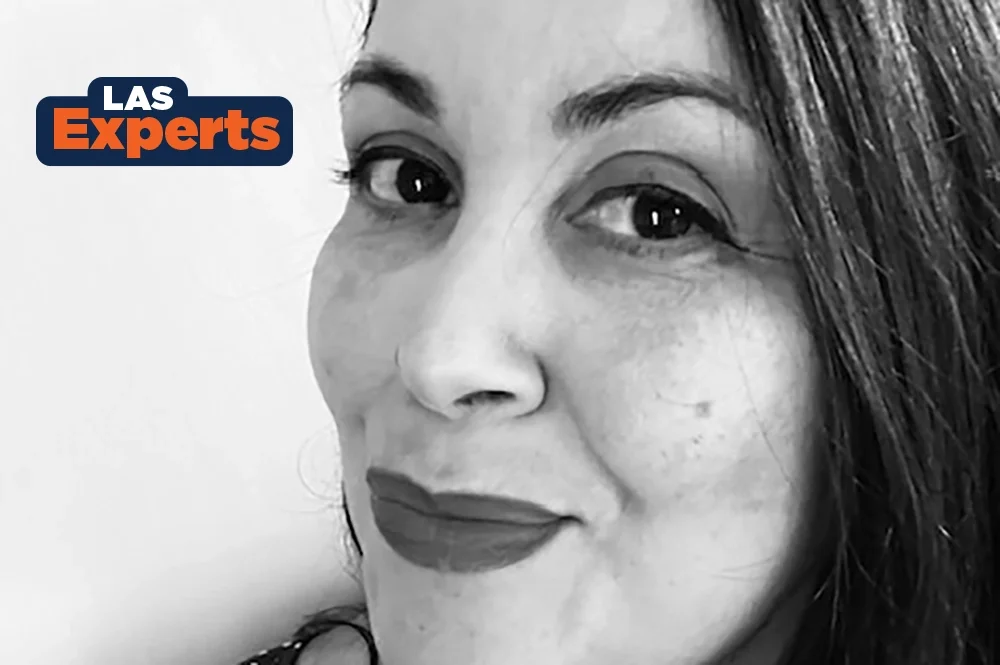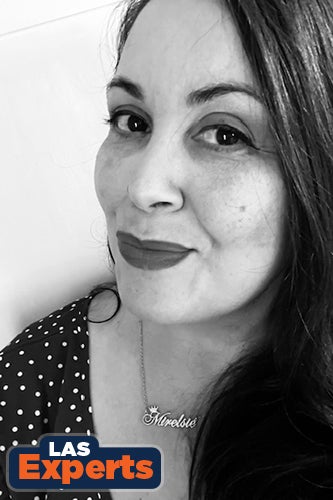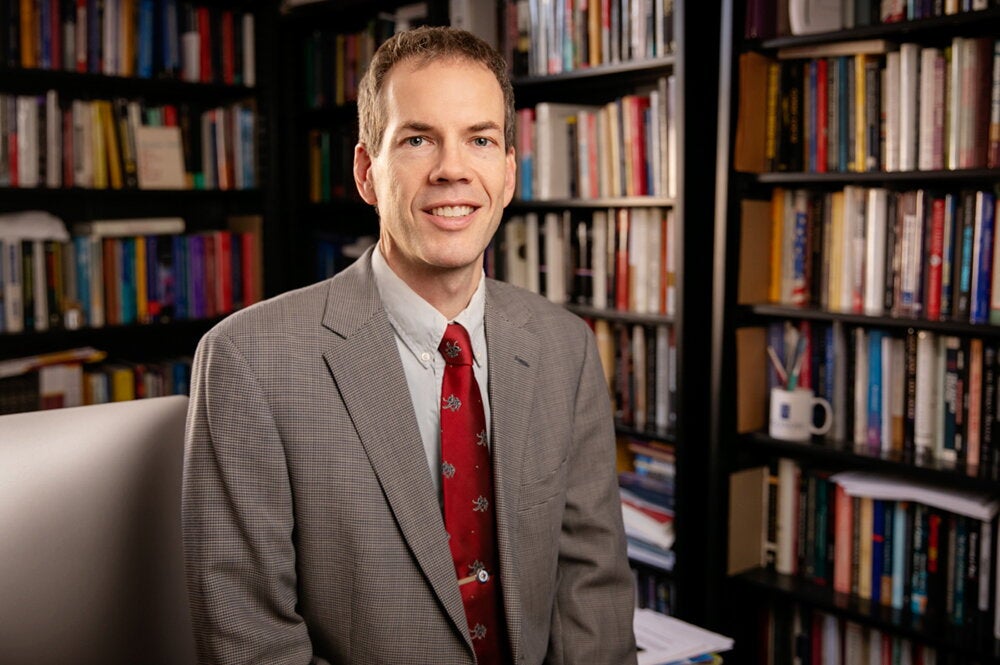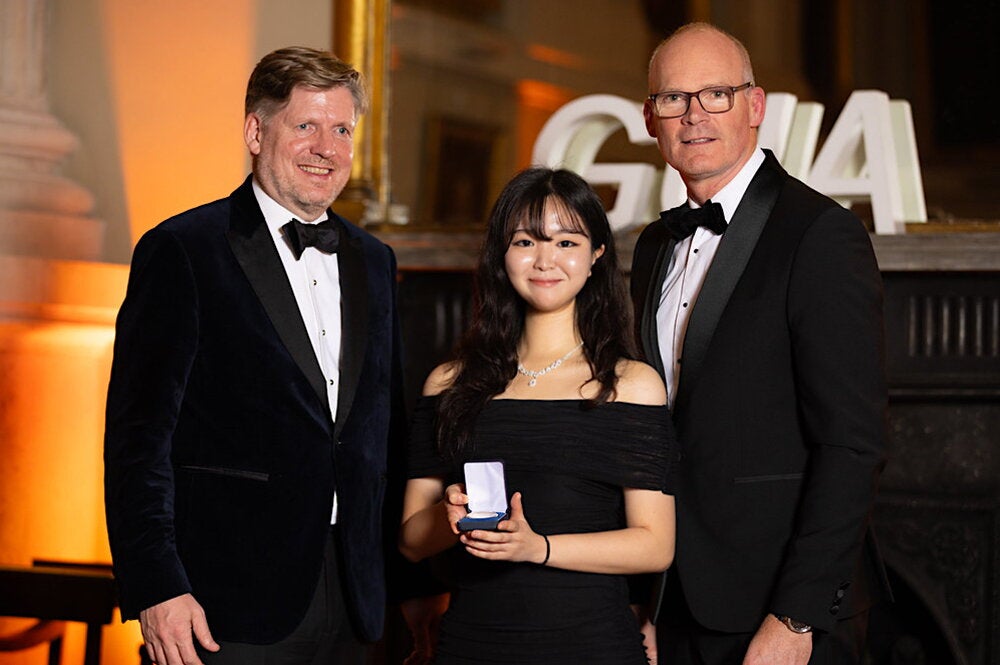

Mirelsie Velázquez learned at the University of Illinois, and now she’s helping others learn here. Velázquez (BA, ’04, political science; MA, ’07; PhD, ’10; educational policy studies) earned three degrees before leaving to start her career in academia. In 2023 she returned to Urbana-Champaign as a faculty member in the Department of Latina/Latino Studies and author of “Puerto Rican Chicago: Schooling the City, 1940-1977” (2022), which received the 2023 American Educational Studies Association Critic’s Choice Book Award. She explains what led to her career as a professor, from camp counseling to becoming an “accidental historian.”
What are you working on now? Why are you passionate about this area of study?
I feel so lucky to be back in a department where my research and teaching are aligned. Right now, I am working on an oral history project on Latina activists in higher education, from the 1970s-1990s. Part of this is connected to my own history and relationship to schools and schooling, especially as a first-generation Puerto Rican student. At the same time, I am continuing my work on history of Puerto Rican women and our relationship to space, informed by a larger conversation on settler colonialism.
What challenges have you overcome to better understand your field?
I think one of the main reasons I am a historian of education is because of my own relationship to schools and schooling, especially as it relates to my identity and community. The reality for many of us has always been connected to how our bodies and communities have been and continue to be racialized within schools. I am very connected to my research and scholarship, and with that comes a sense of responsibility to my own community. There is a lot of pressure.
Describe a moment when your professional career changed direction.
When I applied to graduate school my aim was to look at contemporary policies affecting Puerto Rican students. My advisor told me to look at history to frame the conversation for my thesis. After a few months of me writing he sat me down and said, “I am sorry to tell you this, but you’re a historian now. This is your work.” So I tell my students I accidently became a historian. No regrets.
What lessons do you impart upon your students?
Always ask questions. Think of the ways in which you are connected to these larger questions and conversations. Their stories matter.
What was one of your first jobs? How did it affected your decision to become a professor?
I never intended to become a professor. My first job was actually as a camp counselor the summer after my first year in college. Now reflecting on that position, I can see how much I enjoyed working with young kids from my own community. When I think of my work and my role as a professor, I think of how it connects to local communities. I feel a sense of responsibility to the communities we are a part of, even here locally. I work closely with schoolteachers here in Urbana but also across other spaces, to ensure that we create the type of schooling spaces that support children.
What is your proudest or most significant achievement? How did it affect your career?
Professionally? My book. It opened a lot of opportunities for me. Personally, my children. They were present at all of my graduations, and I would not have been able to do this work that led me back here without them.


